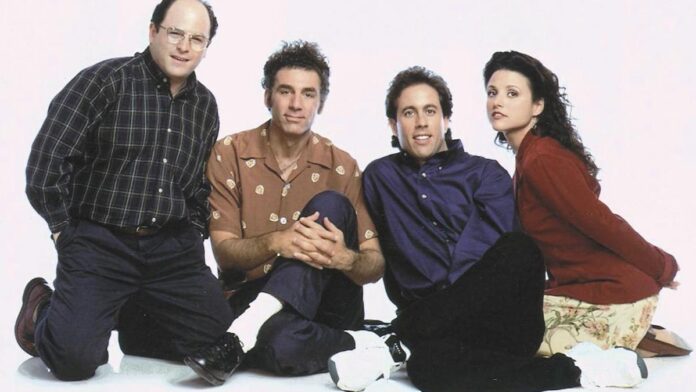There’s a scene in an episode of the sitcom Seinfeld where Kramer is in trouble for allegedly teasing a monkey at the zoo. The monkey throws a banana skin at him and he throws it right back. The zoo superintendent, attempting to put things in perspective, tells Kramer, “He is an innocent primate.” To which Kramer replies plaintively, “So am I.”
It wasn’t seen as a racial slur then. In any case it can’t be a slur if you are referring to yourself. Nor can it be a slur if you call a monkey a monkey. But times change, words acquire fresh weight, and ‘primate’ which may have been balancing on the verge seems to have tipped over.
When television commentator Isa Guha called Jasprit Bumrah the MVP, or ‘Most Valuable Primate’ the troll army pounced. Perhaps she was trying to say that Bumrah was not just India’s most valuable player or cricket’s most valuable participant but the most valuable performer in all animal kingdom.
The primate, according to Encyclopedia Britannica is any mammal of the group that includes lemurs, lorises, monkeys, apes and humans. The order ‘Primates’ including more than 500 species, is the third most diverse order of mammals, after rodents (Rodentia) and bats (Chiroptera).
‘Primate’ also refers to a leader. Or the archbishop of a province. But there’s no point in explaining all this to the easily offended. Guha’s apology means that everybody can move on. She is an advocate for inclusion in sport and runs her own organisation to increase cricket opportunities for women.
Words often have meanings beyond the ones given to them in dictionaries. They accrue connotations that are the result of cultural or social mediations. I am old enough to remember when ‘gay’ meant ‘happy’ or ‘cheerful’. There was a nursery rhyme that went Kookaburra sits in the old gum tree,/ Merry, merry king of the bush is he/Laugh kookaburra, laugh, kookaburra how gay your life must be!
Then ‘gay’ became a slur, and now it is neutral, referring to sexual orientation without judgement. Linguists speak of the process of a common word signifying something negative as a form of semantic drift called pejoration. The opposite can happen too, and that’s called amelioration. An example is “quell” which once meant “to kill”, but now denotes merely putting an end to something (with no lethal implication).
Eternal vigilance is the price for being inoffensive. Media houses have a list of words that may not be used. The BBC’s Guidance to Racist Language starts with an ironic warning: This guidance contains language which may cause offence.
In the absence of a UN-appointed Slur Arbiter, individuals and groups have to rely on keeping track of such lists. I am sure all of us use words without fully understanding their racial or sexual import, but ignorance is no defence.
We are all primates, but apparently we can’t call one another that in the era of the fast-reacting social media which can go ape (i.e. become extremely angry).
Published – December 21, 2024 08:42 pm IST
